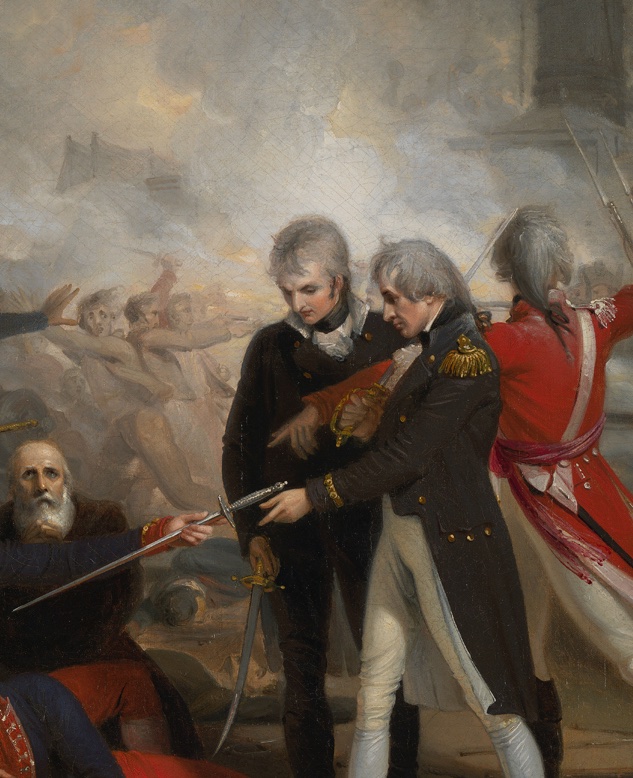Before everyone looses their mind about the NMM& #39;s Nelson review; I guarantee they won& #39;t change anything over one letter that he supposedly wrote about slavery to his friend. Here is a quick thread explaining why they won& #39;t do anything (at least in terms of BLM):
While Nelson was in the Caribbean, he developed an affinity with the slave owners there. He believed that the islands& #39; economies relied heavily on the Atlantic slave trade and attempted to use his influence to thwart the abolitionist movement in Britain.
He was a friend of Simon Taylor, a Jamaican slave owner; Nelson later responded to a request from Taylor to intervene in the public debate, by writing in 1805 that while he had a tongue, he would, "launch my voice against the damnable and cursed doctrine of Wilberforce..."
Interestingly, much is made of this letter that Nelson penned in June 1805. The private letter was published in 1807 by the anti-abolitionists, some eighteen months after Nelson& #39;s death and therefore completely out of context.
Work is ongoing to establish if the letter has been altered post-Nelson& #39;s death to suit the cause of the anti-abolitionists. If the letter is genuine, then it was quite out of character for Nelson; Any West Indian slave escaping to a navy ship (including Nelson& #39;s) were signed on,
paid, and treated the same as other crew members. At the end of their service they were discharged as free men. In fact, the bronze relief at the base of Nelson& #39;s column clearly shows the black George Ryan aged 23, with musket shooting the French alongside the dying Admiral.
In 1799 Nelson intervened to secure the release of 24 slaves being held in Portuguese galleys off Palermo. In 1802 when it was proposed that West Indian plantation slaves should be replaced by free, paid industrious Chinese workers Nelson supported the idea.
In 1805 Nelson rescued the black Haitian General Joseph Chretien and his servant from the French. They asked if they could serve with Nelson, and Nelson recommended to the Admiralty that they be paid until they could be discharged and granted passage to Jamaica.
The General& #39;s mission was to end slavery, a fact of which Nelson was well aware. The general and his servant were well treated and paid.
Finally, The Nelson family used to have a free black servant called Price. Nelson said of him he was ‘as good a man as ever lived’ and he suggested that Price live with them. In the event Price declined.
All this information is easily compiled with a bit of simple research. It really does show how something minor can be blown out of proportion with just a few angry reactions. The NMM are in the process of reviewing everything, so naturally Nelson as well.
Nelson was never a slave owner or a racist, despite living in a time when these things were more acceptable. People need to calm down as there is no grounds here for some & #39;cancelling& #39; of Nelson. If anything we should applaud his rather progressive views on the subject of race.
The End

 Read on Twitter
Read on Twitter


